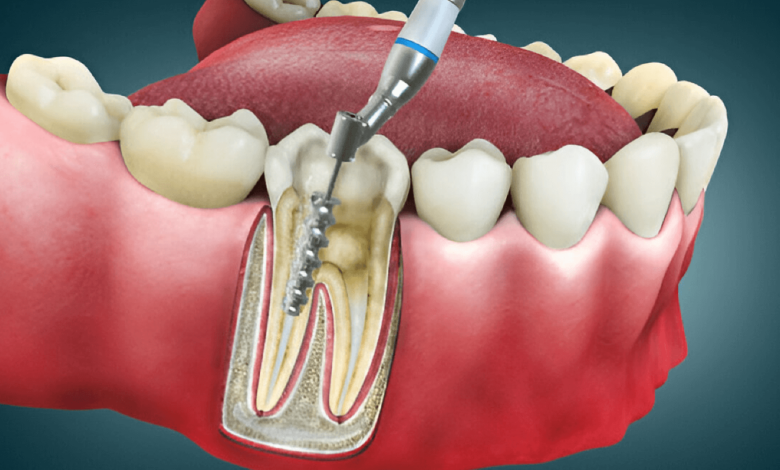Understanding Root Canal Treatment: What You Need to Know

A root canal is a common dental procedure used to save a tooth that’s severely damaged or infected. When the pulp inside a tooth becomes inflamed due to decay or trauma, it can cause severe pain and, if left untreated, lead to infection or tooth loss. Root canals help alleviate this pain and restore your oral health.
Why Do You Need a Root Canal?
The inside of each tooth contains soft tissue called pulp, which houses nerves and blood vessels. When bacteria enter the pulp through deep decay, cracks, or trauma, the tooth can become infected. This infection often causes intense pain, sensitivity to hot and cold, swelling, or even abscesses. If the infection is not addressed, it can spread, resulting in further complications and, eventually, tooth loss.
A root canal removes the infected pulp, cleans the root canal system, and seals it off to prevent future infections. It’s a highly effective procedure that allows you to keep your natural tooth.
What Happens During a Root Canal?
During a root canal, your dentist will numb the area to ensure your comfort throughout the procedure. Once the tooth is numb, a small opening is made in the top of the tooth to access the pulp. Using specialized instruments, the dentist carefully removes the infected pulp and cleans the inner root canal. After the canals are cleaned and shaped, they are sealed with a filling material to protect the tooth from further infection.
Following the procedure, most patients require a dental crown to restore the tooth’s strength and function. A crown helps protect the treated tooth and allows it to look and feel like a natural tooth.
Is a Root Canal Painful?
A root canal has a reputation for being painful, but modern dentistry has made the procedure much more comfortable. With local anesthesia and advanced techniques, most patients report feeling little to no discomfort during the process. In fact, many people find relief after the root canal, as the procedure eliminates the pain caused by the infection.
Some mild soreness is common after the procedure, but this can typically be managed with over-the-counter pain relievers. Your dentist will provide instructions on how to care for your tooth as it heals.
Benefits of Root Canal Treatment
The primary benefit of a root canal is that it saves your natural tooth. Preserving your tooth is important for maintaining your bite alignment and avoiding the complications that come with tooth loss, such as shifting teeth or jawbone deterioration. Additionally, root canal treatment helps prevent the need for more extensive procedures like extractions or dental implants.
The procedure is also effective at relieving the pain and discomfort caused by an infected tooth, improving your overall oral health.
Read also: Achieve Your Ideal Smile with Cosmetic Dentistry
How to Care for Your Tooth After a Root Canal
After your root canal, it’s important to follow your dentist’s care instructions to ensure proper healing. You may need to avoid chewing on the treated tooth until the crown is placed, and be gentle with brushing and flossing around the area. Once the crown is in place, the treated tooth will function like your other natural teeth.
Maintaining a regular oral hygiene routine and visiting your dentist for checkups will help ensure your treated tooth stays healthy and free from future complications.
At Upton & Baker DDS, we are committed to providing expert care and ensuring a comfortable root canal experience, helping you preserve your natural smile and restore your oral health.




